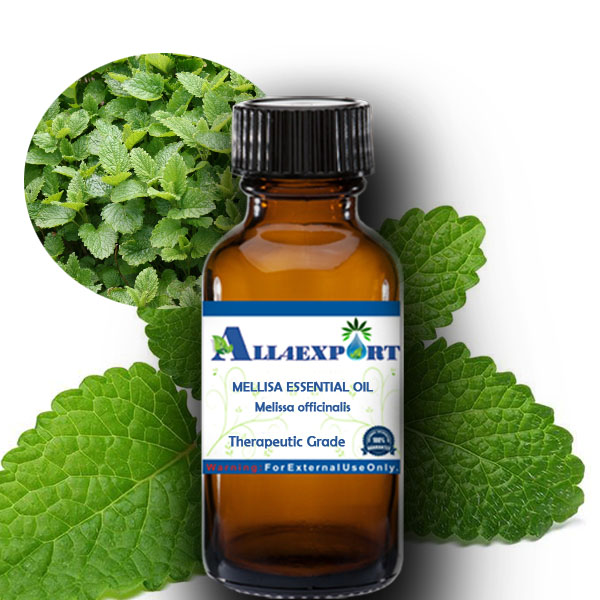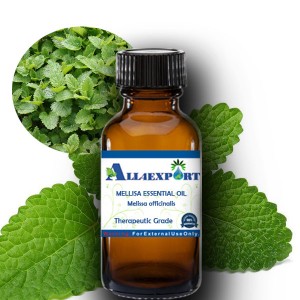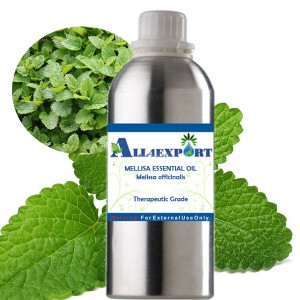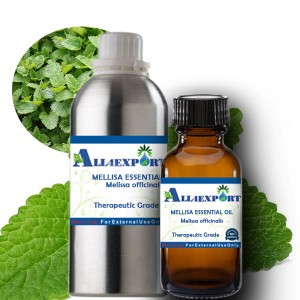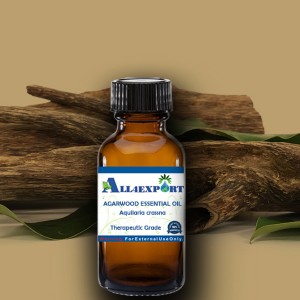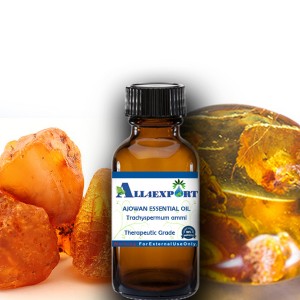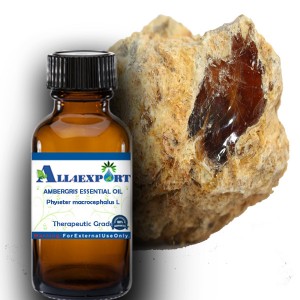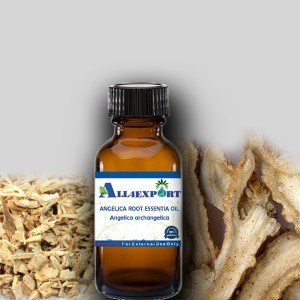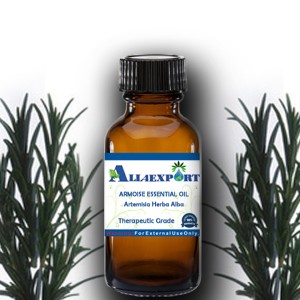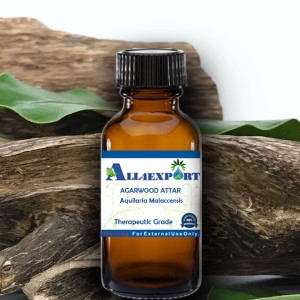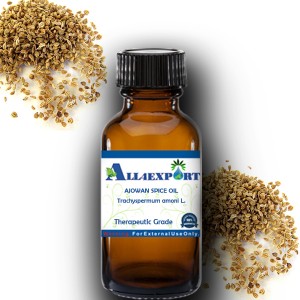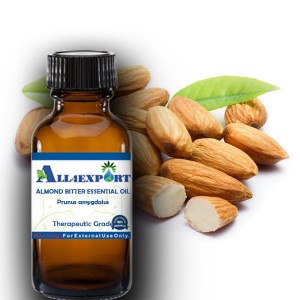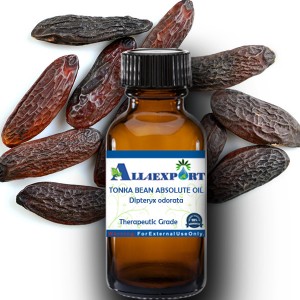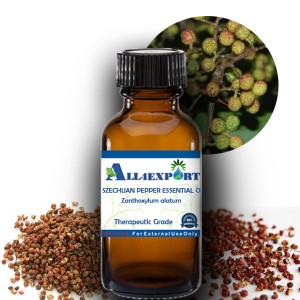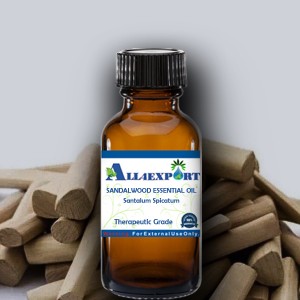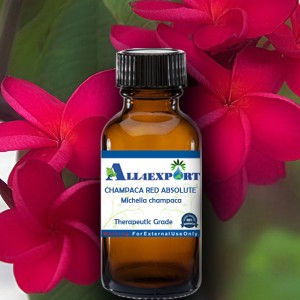| MELLISA ESSENTIAL OIL |
Botanical Name | : | Melissa officinalis | Country of Origin | : | USA/ TX,France | Solubility | : | Insoluble in water, soluble in alcohol and oils | Specific Gravity | : | 0.880 - 0.920 @ 20°C | Optical Rotation | : | N/A | Refrective Index | : | 1.455 - 1.485 @ 20°C | Plant Part | : | Leaves | Bland With | : | Geranium Oil, Orange Oil, Lavender Oil, Lemon Oil. | CAS No | : | 8014-71-9 | Flash Point | : | 145°F | Extraction Method | : | Steam Distilled |
|
Description : Melissa (Lemon Balm) is a plant used as an herbal supplement and digestive aid, increased appetite, gas and bloating, genital herpes, insomnia, and anxiety. The green leaves of Melissa have the scent of lemon with a hint of mint, with leaves that look like oversized mint—no surprise, since Melissa is part of the mint family.
|
Constituents : Citral, geraniol, citronellal , citronellol (responsible for the lemony smell), limonene, linalool, pinene. |
Uses : Add 1–2 drops to herbal tea to soothe indigestion or lessen nausea. Diffuse at night or rub on forehead, shoulders, or chest to lessen stress and promote emotional well-being. Place 1–2 drops under the tongue to boost immunity.
|
Benefit : Melissa essential oil is known for its antibacterial, antiviral, antispasmodic and antidepressant properties. It has a delicate and lemony aroma that promotes emotional balance and boosts skin health. The main benefits of melissa oil is its antioxidant property, which is due to the presence of special compounds. |
Caution Note: We recommend Keep out of the reach of children. Avoid contact with skin and eyes.
All of the information and opinions that are provided on this web site are for informational and educational purposes only. This information is not intended to replace medical advice given by a medical practitioner. Anyone considering alternative therapies should consult with their medical professional before using an alternative method of healing. We do not give nor is any opinion on our web site medical advice.
|








